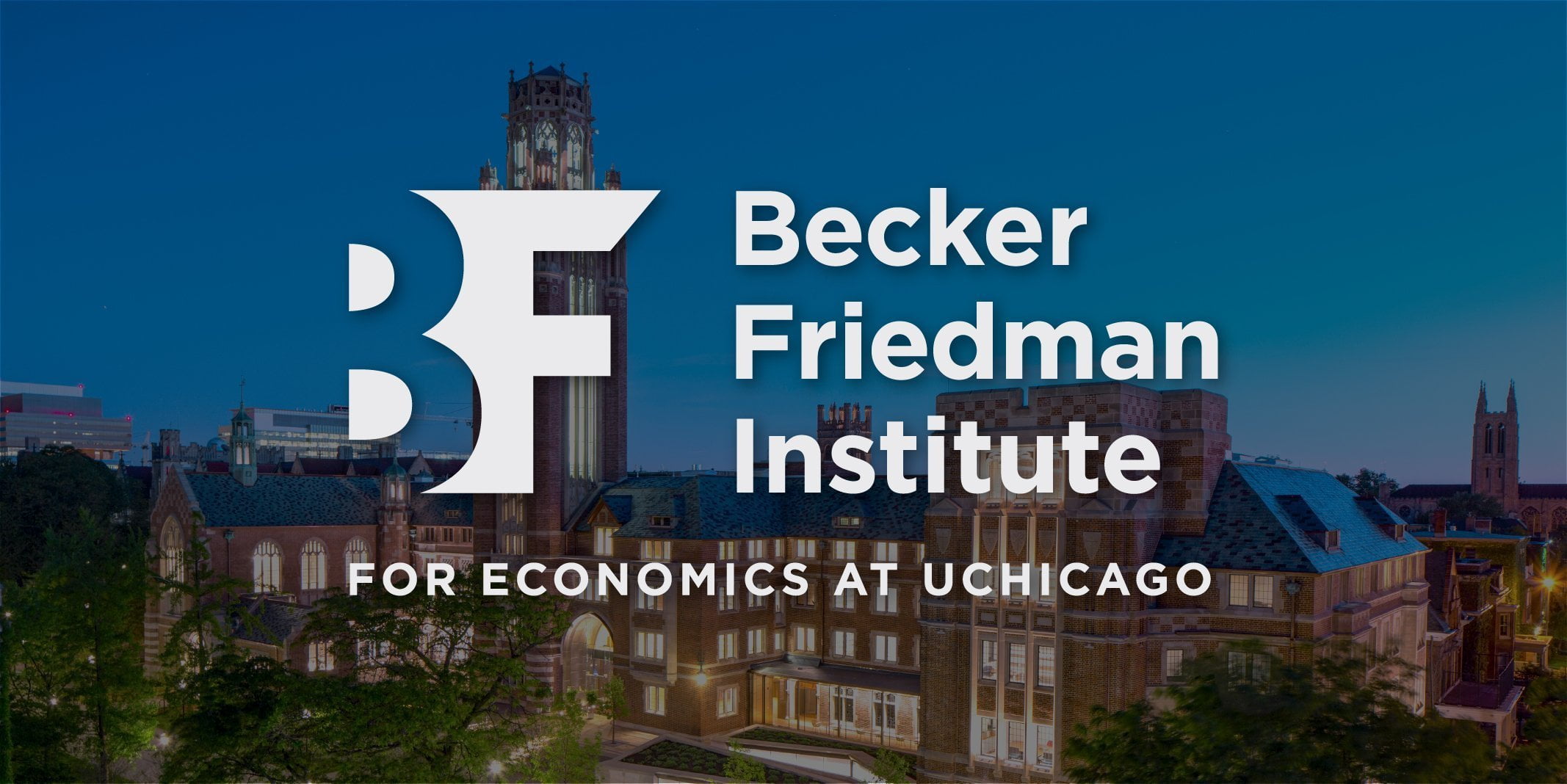Friday Links, May 14
1. Does WFM hurt productivity and collaboration? A large-scale study of work patterns at an IT services company during the Work-from-Home (WFH) period shows that: ⬆️ hours * same output = ⬇️ productivity.
The culprit: a substantial rise in communication and coordination costs due to WFH. And it's not just near-term productivity that suffered. Activities that build competence and social capital--coaching, peer networking, and serendipitous interactions--all took a hit.
Kind of sobering results... if there was one place where you'd expect WFH to work best, it's with this kind of population: skilled, IT-savvy professionals. Now, measuring productivity in services is tricky--and the study's results are from a single company, who might have done WFH all wrong somehow. But this seems to be a robust finding, based on granular activity data from the same group of employees before and after the pandemic hit.

2. China: the home of capitalism? "Americans don’t understand just how capitalist China is," says Weijian Shan, CEO of the Hong Kong-based $40bn private equity firm PAG.
Quingdao-based Haier is a good illustration of this. The company is made up by thousands of "micro enterprises" that are partially owned by employees & VCs, and which coordinate through internal markets. Its CEO is driven by the aspiration of turning every employee into an entrepreneur.I've always found it remarkable that the most capitalistic, market-driven company I've come across is based in the PRC. And I'm also puzzled by the relative lack of US corporate interest in organizational models that are less reliant on central planning & top-down control.

3. Stakeholder capitalism and the risk of mangerialism. "The solution to many problems with capitalism is more shareholder oversight and more managerial accountability, not less."
A brilliant piece by London Business School Professor Alex Edmans, whose insights are so valuable because he engages seriously with the ideas of Friedman, as well as Jensen and Meckling. (BTW Alex is no Friedmanite, but rather a refreshingly non-ideological proponent stakeholder capitalism).
4. Heads I win; tails... well I still come out on top. Chipotle's pay more than doubled to $38 million during the pandemic. Sales decreased, costs increased, but the company's board amended his incentive plan to pretend COVID never happened. A pretty remarkable case of moving the exec comp goalposts. And then some wonder why most people don't feel capitalims is working for them.

5. The end of an era of good feelings? After increasing to near 50% during the early months of the pandemic, the percentage of employees who strongly agree that their organization cares about their wellbeing has eroded, losing 13 percentage points since last spring. I reckon we'll erode our way back to pre-pandemic levels in the next year or so, but hope to be proven wrong.






